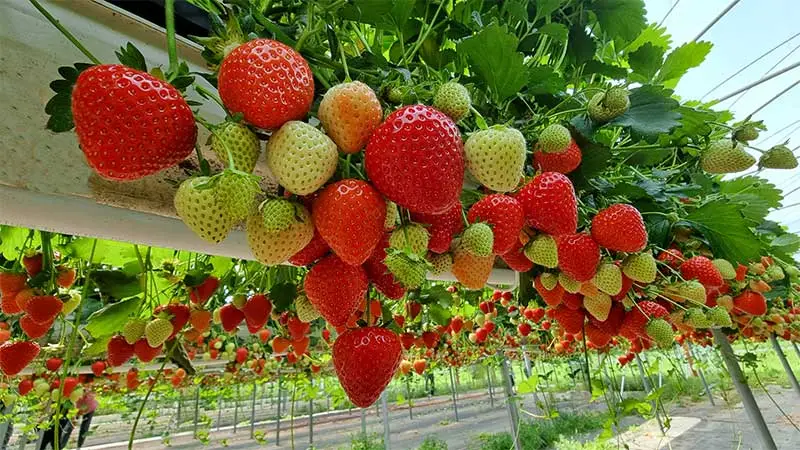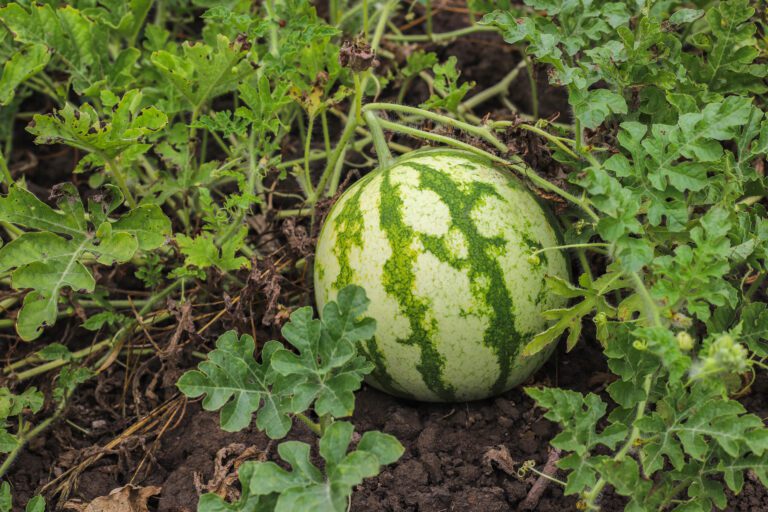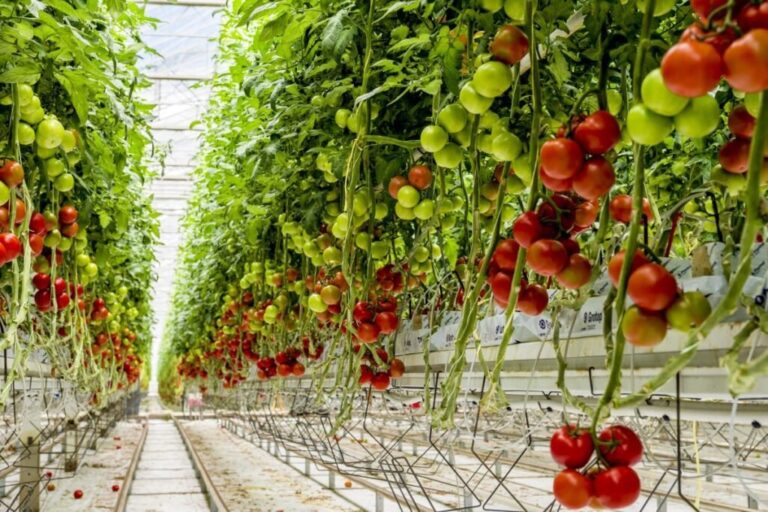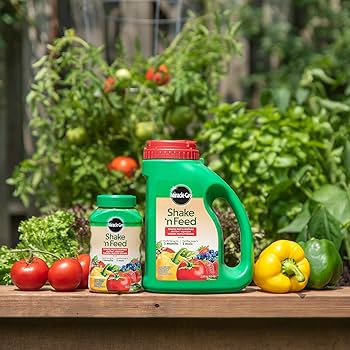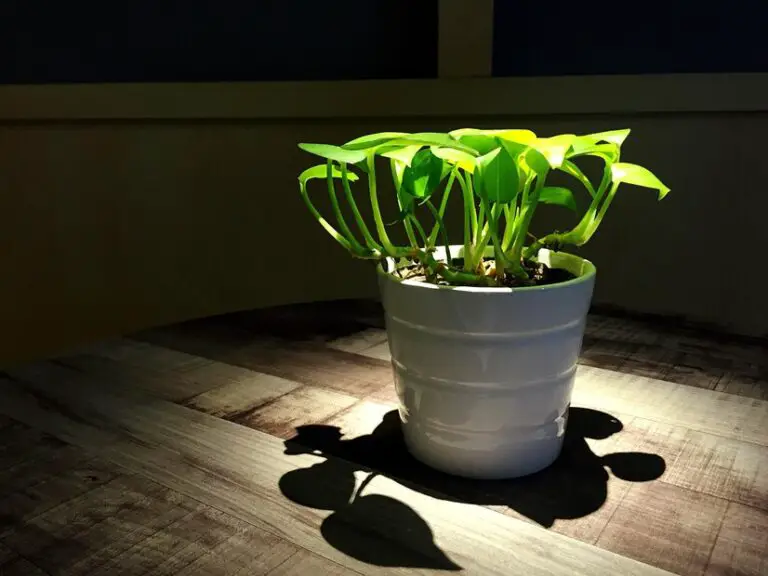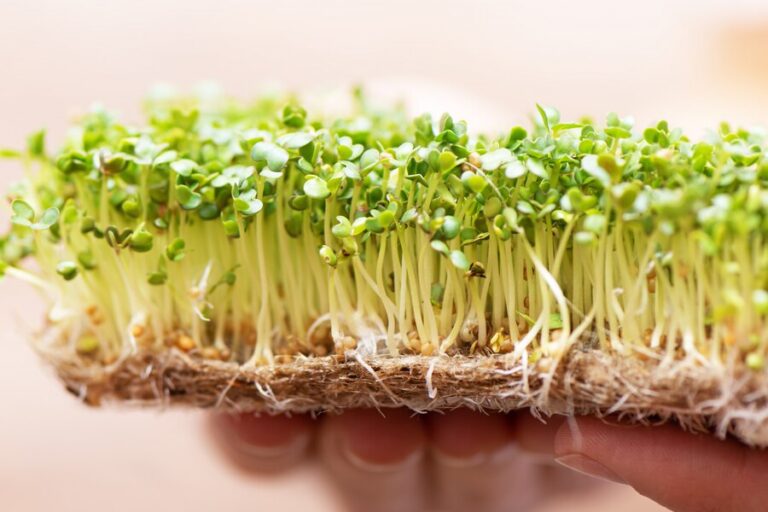Hydroponic Strawberries Healthy and Safe Alternative to Organic Strawberries
Table of Contents
Introduction
Hydroponic strawberries are grown in a soilless medium, using water and nutrients to produce delicious and nutritious fruits. But are they organic, safe, and better than organic strawberries? In this blog post, we will answer some of the most common questions about hydroponic strawberries and compare them with organic strawberries.
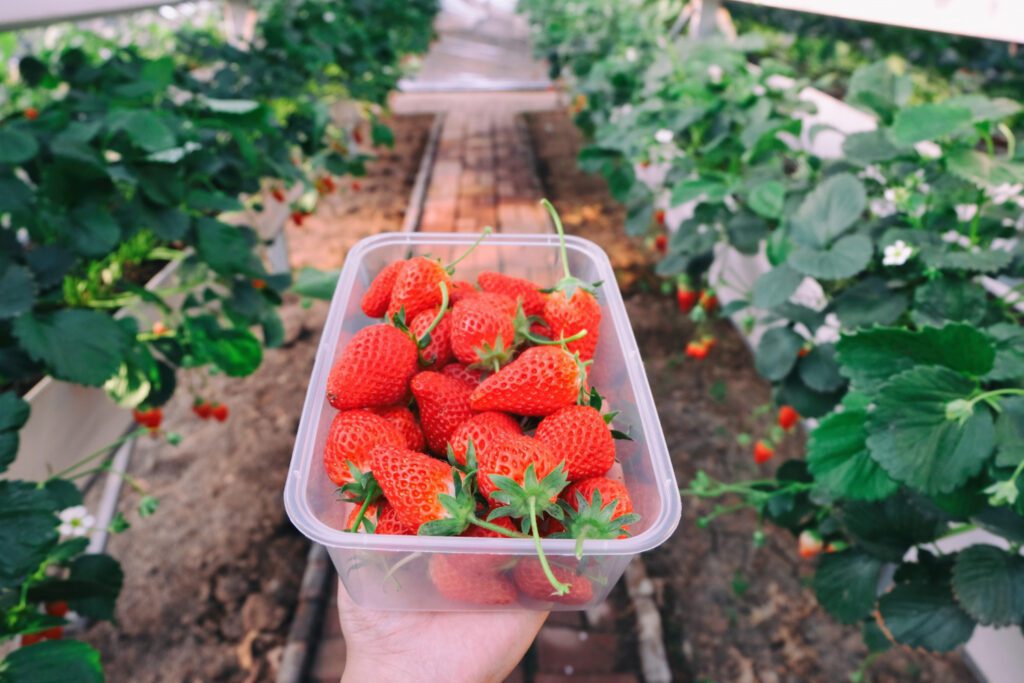
Are Hydroponic Strawberries Organic?
One of the main questions that people have about hydroponic strawberries is whether they are organic or not. The answer is not so simple, as different countries have different standards and regulations for organic certification. In general, organic farming requires the use of natural soil, compost, and organic fertilizers, while hydroponic farming uses artificial substrates, mineral solutions, and synthetic fertilizers. Therefore, hydroponic strawberries may not qualify as organic in some regions, even if they are grown without pesticides or herbicides.
However, some hydroponic growers may use organic substrates, such as coco coir, peat moss, or perlite, and organic nutrients, such as fish emulsion, seaweed extract, or worm castings, to produce hydroponic strawberries that are closer to organic standards. Some countries, such as the US, Canada, and the EU, have recently allowed hydroponic crops to be certified as organic, as long as they meet certain criteria, such as using organic inputs, preventing contamination, and protecting the environment. Therefore, hydroponic strawberries may be organic in some cases, depending on the methods and materials used by the growers.
Are Hydroponic Strawberries Safe to Eat?
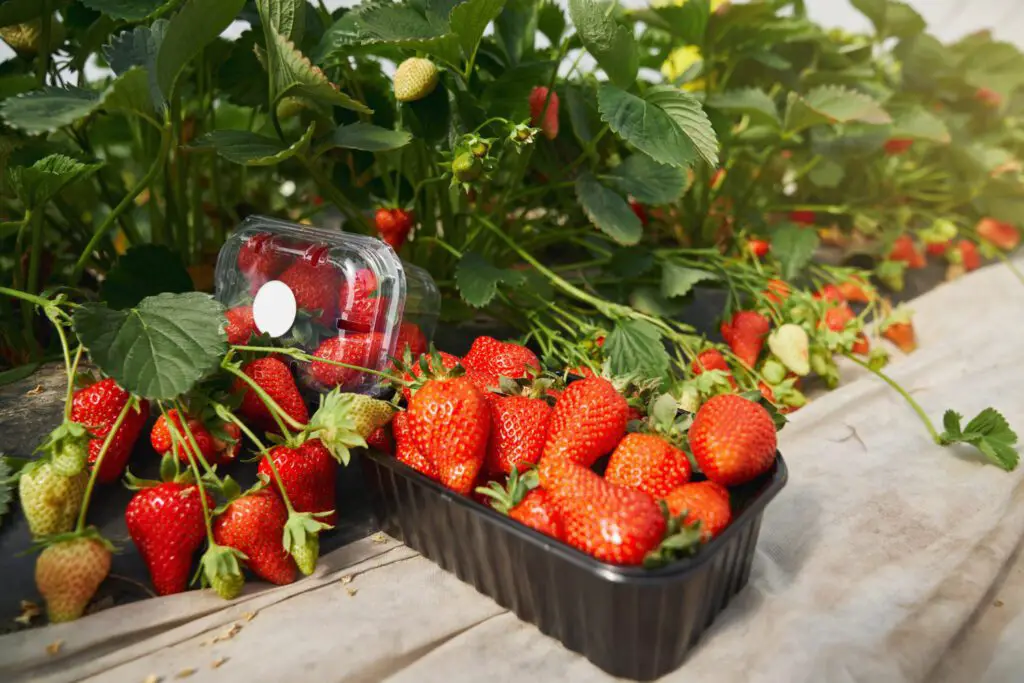
Another common question that people have about hydroponic strawberries is whether they are safe to eat or not. The answer is yes, hydroponic strawberries are safe to eat, as long as they are grown in a clean and controlled environment, using quality water and nutrients, and following good agricultural practices. Hydroponic strawberries have several advantages over soil-grown strawberries in terms of safety, such as:
- They are less likely to be contaminated by soil-borne pathogens, such as E. coli, Salmonella, or Listeria, which can cause foodborne illnesses.
- They are less likely to be exposed to pests and diseases, such as insects, fungi, or bacteria, which can damage the fruits and reduce their quality.
- They are less likely to be sprayed with pesticides or herbicides, which can leave harmful residues on the fruits and affect their taste and health benefits.
Hydroponic strawberries are also tested regularly for microbial and chemical contamination, and are subject to strict food safety standards and regulations. Therefore, hydroponic strawberries are safe to eat, as long as they are grown and handled properly.
Do Hydroponic Strawberries Have Pesticides?
A related question that people have about hydroponic strawberries is whether they have pesticides or not. The answer is no, hydroponic strawberries do not have pesticides, as long as they are grown in a pesticide-free environment, using pest-resistant varieties, and employing integrated pest management techniques. Hydroponic strawberries have several benefits over soil-grown strawberries in terms of pest control, such as:
- They are grown in a closed and controlled system, which prevents the entry and spread of pests and diseases.
- They are grown in a sterile and inert medium, which eliminates the need for soil fumigation and sterilization, which can introduce toxic chemicals into the environment and the fruits.
- They are grown in a nutrient-rich and oxygenated solution, which enhances their growth and immunity, and reduces their stress and susceptibility to pests and diseases.
Hydroponic strawberries are also monitored closely for any signs of pest infestation, and are treated with natural and organic methods, such as biological control, physical control, or botanical control, which are safer and more effective than chemical pesticides. Therefore, hydroponic strawberries do not have pesticides, as long as they are grown and managed organically.
Are Hydroponic Strawberries Healthy?

Another important question that people have about hydroponic strawberries is whether they are healthy or not. The answer is yes, hydroponic strawberries are healthy, as they are rich in vitamins, minerals, antioxidants, and phytochemicals, which can provide various health benefits, such as:
- They can boost the immune system and prevent infections, as they are high in vitamin C, which is essential for the production and function of white blood cells.
- They can protect the heart and lower blood pressure, as they are high in potassium, which is important for the regulation of fluid balance and blood pressure.
- They can prevent cancer and inflammation, as they are high in anthocyanins, which are powerful antioxidants that can scavenge free radicals and modulate inflammatory pathways.
- They can improve brain function and memory, as they are high in flavonoids, which are potent neuroprotective agents that can enhance blood flow and neuronal activity in the brain.
Hydroponic strawberries are also low in calories, fat, and sodium, and high in fiber and water, which can help with weight management and hydration. Therefore, hydroponic strawberries are healthy, as they are packed with nutrients and phytochemicals.
Hydroponic Strawberries vs Organic Strawberries: Which One is Better?
The final question that people have about hydroponic strawberries is whether they are better than organic strawberries or not. The answer is not so clear, as both hydroponic and organic strawberries have their own advantages and disadvantages, depending on various factors, such as:
| Category | Hydroponic Strawberries | Organic Strawberries |
|---|---|---|
| Quality | Better quality due to controlled environment | Lower quality due to natural soil variations |
| Optimal conditions for growth, ripening, and flavor | Soil variations in fertility, pH, and moisture may affect growth, ripening, and flavor | |
| Yield | Higher yield | Lower yield |
| Space-efficient and resource-efficient system | Space-intensive and resource-intensive system | |
| Higher planting density, faster growth, longer harvest season | Larger land area, slower growth, shorter harvest season | |
| Cost | Higher cost | Lower cost |
| Complex and expensive system | Simple and cheap system | |
| High initial investment, high operational cost, high technical skill | Low initial investment, low operational cost, low technical skill | |
| Environment | Lower environmental impact | Higher environmental impact |
| Closed and recirculating system | Open and draining system | |
| Reduces water consumption, nutrient runoff, soil erosion | Increases water consumption, nutrient runoff, soil erosion |
Therefore, hydroponic strawberries and organic strawberries may have different pros and cons, depending on the quality, yield, cost, and environment aspects. The choice between hydroponic strawberries and organic strawberries may depend on the personal preference, budget, and availability of the consumers.
FAQs about hydroponic strawberries
Q: What are hydroponic strawberries? A: Hydroponic strawberries are strawberries that are grown in a soilless medium, using water and nutrients to produce delicious and nutritious fruits.
Q: How are hydroponic strawberries grown? A: Hydroponic strawberries are grown in a closed and controlled system, using artificial substrates, such as coco coir, peat moss, or perlite, and mineral solutions, such as fish emulsion, seaweed extract, or worm castings, to provide the optimal conditions for growth, ripening, and flavor.
Q: Why are hydroponic strawberries better than organic strawberries? A: Hydroponic strawberries are better than organic strawberries in terms of quality, yield, cost, and environment. Hydroponic strawberries have better quality, as they are less likely to be contaminated by soil-borne pathogens, pests, diseases, or pesticides. Hydroponic strawberries have higher yield, as they are grown in a space-efficient and resource-efficient system, which allows for higher planting density, faster growth, and longer harvest season. Hydroponic strawberries have lower cost, as they are grown in a complex and expensive system, which requires high initial investment, high operational cost, and high technical skill. Hydroponic strawberries have lower environmental impact, as they are grown in a closed and recirculating system, which reduces water consumption, nutrient runoff, and soil erosion.
Q: Are hydroponic strawberries organic? A: Hydroponic strawberries may or may not be organic, depending on the methods and materials used by the growers. Some hydroponic growers may use organic substrates and organic nutrients to produce hydroponic strawberries that are closer to organic standards. Some countries, such as the US, Canada, and the EU, have recently allowed hydroponic crops to be certified as organic, as long as they meet certain criteria, such as using organic inputs, preventing contamination, and protecting the environment.
Q: Are hydroponic strawberries safe to eat? A: Hydroponic strawberries are safe to eat, as long as they are grown in a clean and controlled environment, using quality water and nutrients, and following good agricultural practices. Hydroponic strawberries are tested regularly for microbial and chemical contamination, and are subject to strict food safety standards and regulations.
Q: Do hydroponic strawberries have pesticides? A: Hydroponic strawberries do not have pesticides, as long as they are grown in a pesticide-free environment, using pest-resistant varieties, and employing integrated pest management techniques. Hydroponic strawberries are monitored closely for any signs of pest infestation, and are treated with natural and organic methods, such as biological control, physical control, or botanical control, which are safer and more effective than chemical pesticides.
Q: Are hydroponic strawberries healthy? A: Hydroponic strawberries are healthy, as they are rich in vitamins, minerals, antioxidants, and phytochemicals, which can provide various health benefits, such as boosting the immune system, protecting the heart, preventing cancer, and improving brain function. Hydroponic strawberries are also low in calories, fat, and sodium, and high in fiber and water, which can help with weight management and hydration.
Q: How do hydroponic strawberries taste? A: Hydroponic strawberries taste sweet, juicy, and flavorful, as they are grown in a controlled environment, which ensures optimal conditions for growth, ripening, and flavor. Hydroponic strawberries are harvested at their peak of freshness, which preserves their taste and quality.
Q: Where can I buy hydroponic strawberries? A: Hydroponic strawberries can be bought from local farmers markets, specialty stores, online retailers, or directly from the growers. Hydroponic strawberries are usually available year-round, as they are not affected by seasonal changes or weather conditions.
Q: How can I grow hydroponic strawberries at home? A: Hydroponic strawberries can be grown at home, using a simple and affordable system, such as a vertical tower, a horizontal pipe, or a bucket. Hydroponic strawberries can be grown from seeds, cuttings, or runners, using a suitable substrate, such as coco coir, peat moss, or perlite, and a nutrient solution, such as fish emulsion, seaweed extract, or worm castings. Hydroponic strawberries need adequate light, temperature, humidity, and air circulation, which can be provided by artificial lights, fans, heaters, or humidifiers. Hydroponic strawberries need regular watering, feeding, pruning, and harvesting, which can be done manually or automatically. Hydroponic strawberries can be grown indoors or outdoors, depending on the space and climate available.

Suyash Dhoot, editor at SouthElMonteHydroponics.com, is a pioneering force in hydroponics. His expertise spans nutrient solutions and cutting-edge technology. Through meticulous editing, he elevates the site to a beacon of knowledge, offering invaluable insights. Dhoot’s dedication shapes a greener, more efficient future for agriculture.

